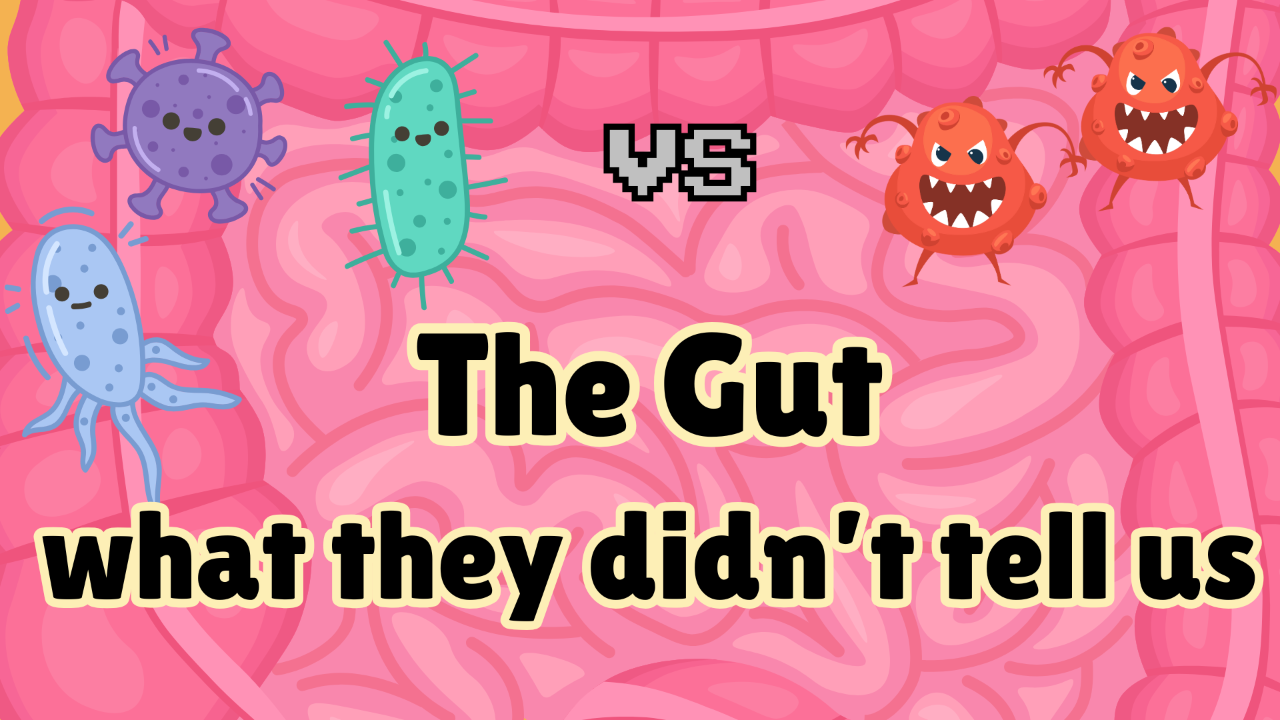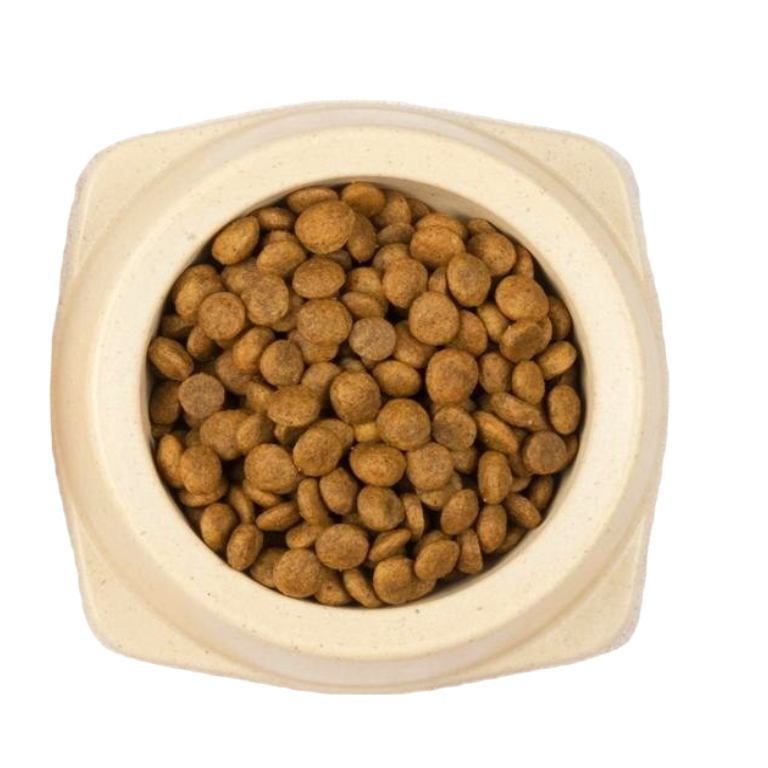
Nutrition & The Gut - what we weren't taught
For the longest time, I thought that the only thing that happened in the large intestine was the absorption of water and electrolytes. That was what was taught in school. After they propagated that huge piece of misinformation, there has been little updates or education to correct it.
Here's what I've gathered.
In humans ~ who have short-intestines 3-5 meters in length and long-intestines of about 1.5 meters ~ gut microbes weigh 200-400 grams.
Based on the above + using proportional estimates, a medium-sized dog with short-intestines 2-4 meters in length and long-intestines of about 1 meter would have 150-300 grams of gut microbes.
What do these microbes that make up 1%-2% of a dog’s body weight do?
- help in digesting food
- break down of complex carbohydrates & fermentation of plant fibres
- producing essential vitamins
- these include Thiamine (B1), Riboflavin (B2), Niacin (B3), (B5), (B6), Biotin (B7) & Folate (B9)
- influence nutrient absorption
- imbalance in gut microbiota has been linked to impaired nutrient absorption
- support the immune system
- microbes helps "educate" the immune system, enabling it to distinguish between harmful pathogens and harmless commensal bacteria
- produce SCFAs (short-chained fatty-acids)
- anti-inflammatory properties
- primary energy source of colon cells
- also act as signalling molecules that influence the immune and nervous systems
Characteristics of ultra-processed-foods:
- low in natural fibre, vitamins and minerals
- have a long shelf life
- bear little resemblance to their original, whole food sources
- contain numerous artificial ingredients and additives (e.g. synthetic amino-acids & synthetic minerals as well as processed oils)
- designed to be hyper-palatable

Impact of ultra-processed-foods on gut microbes:
- decreases amount of beneficial microbes
- increases population of microbes that promote inflammation
- reduces the production of SCFAs
- negatively affects the intestinal lining increases gut permeability, leading to "leaky gut"
While convenient foods offer undeniable time and energy savings, their long-term impacts are the toll they take on health and the reduction in quality of life.
How to reverse the effects of prolonged consumption of ultra-processed-foods and a weak gut?
- inclusion of real whole foods into diets
- even adding half a cup of real whole food ingredients to a commercial dog food diet every other day helps
- regular feeding of bone-broth
- inclusion of fermented foods to help rebuild microbe diversity
- inclusion of healthy fats + omega-3 & omega-6 fatty acids
Some advice we want to share ~ a weak gut gut will take a while to readjust, purge out years of toxins and heal. Soft stools and regular episodes of diarrhoea are to be expected.

Riley’s sensitive stomach took about 18 months to adjust, heal and strengthen. She’s been with us 4 years now and her stomach is as healthy and as strong as Kiko’s cast-iron stomach.
=== Interesting research - click to read ===
The Gut Microbiome of Dogs and Cats, and the Influence of Diet
The Role of the Canine Gut Microbiome and Metabolome in Health and Gastrointestinal Disease
The canine gastrointestinal microbiota: early studies and research frontiers



